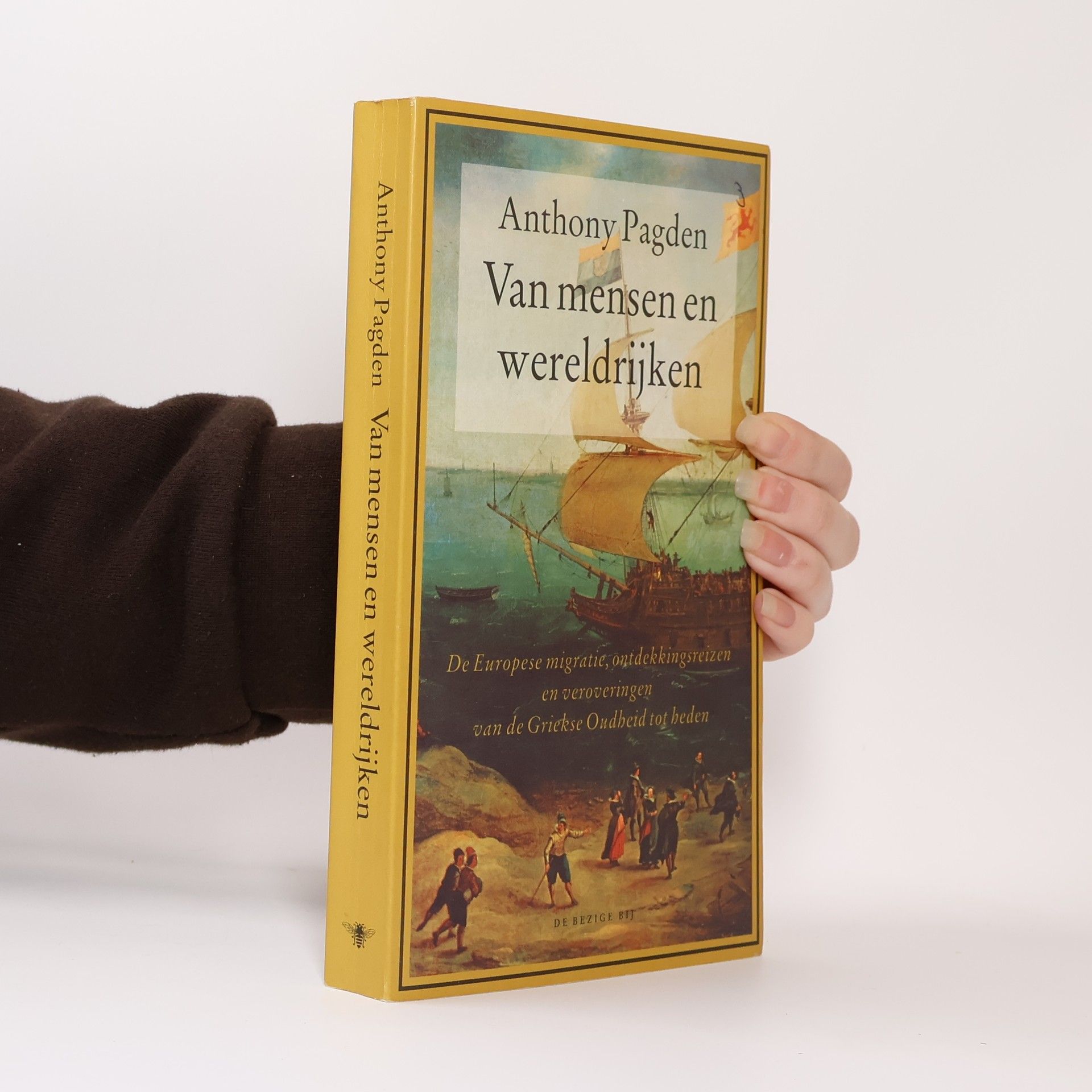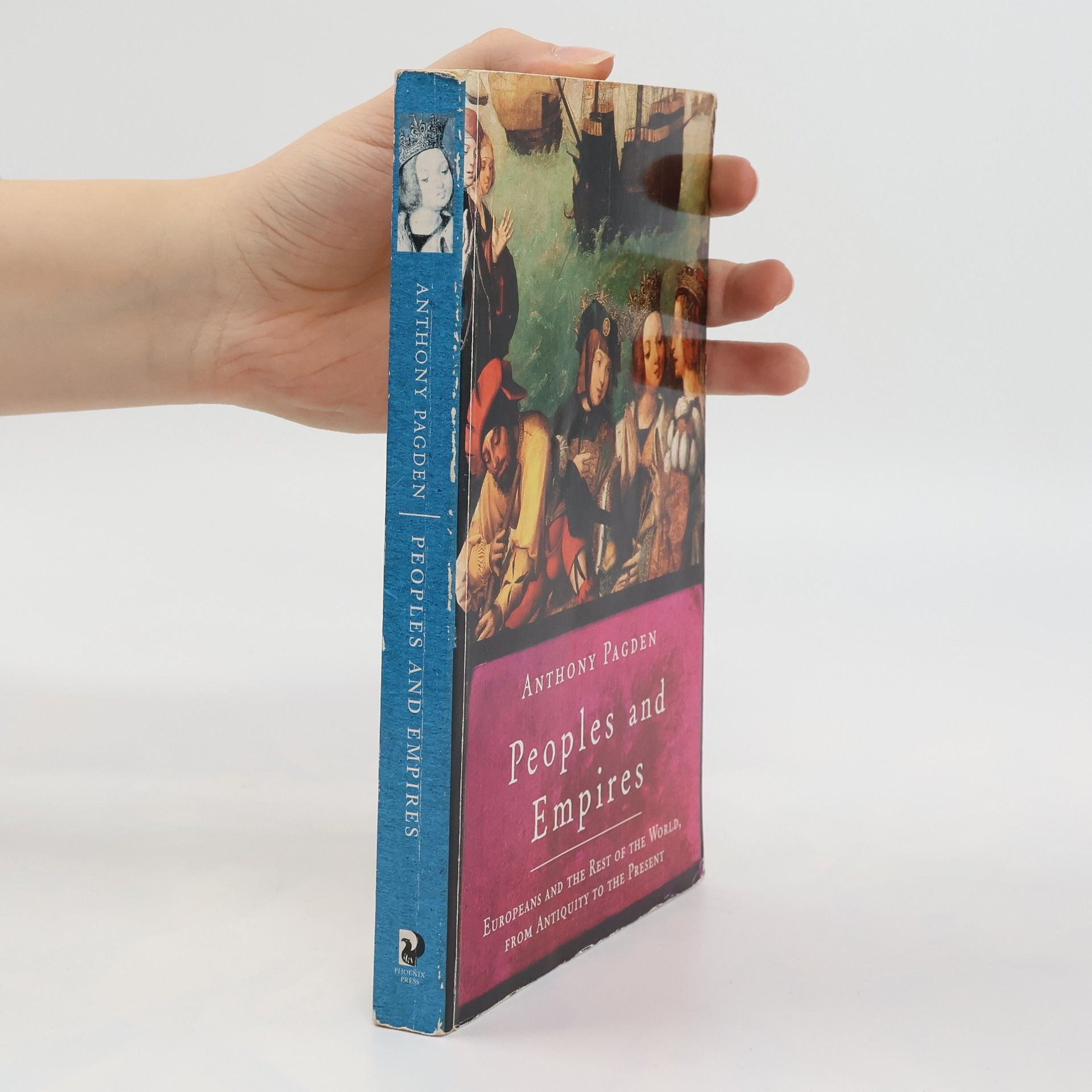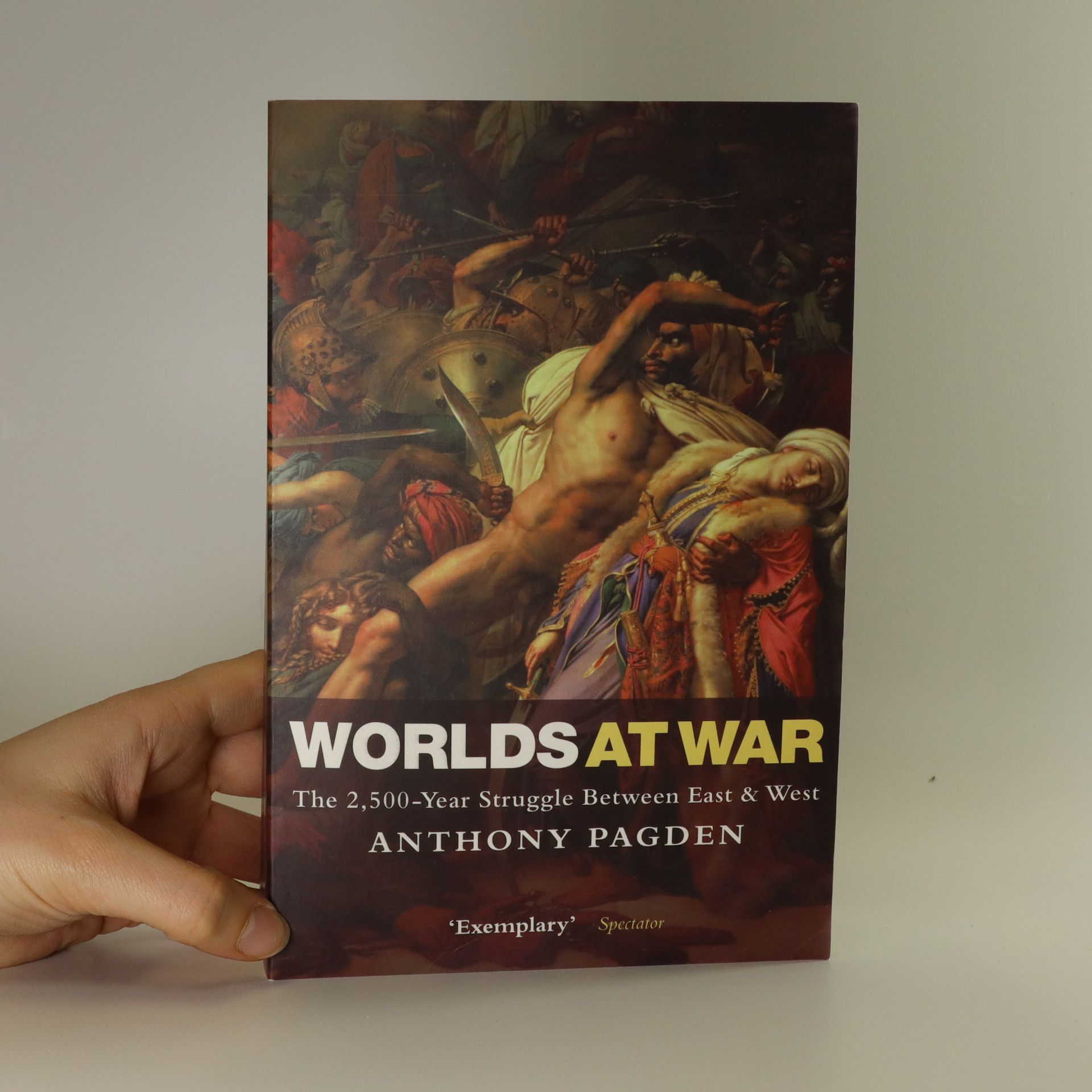Worlds at war
- 576pages
- 21 heures de lecture
The differences that divide West from East go deeper than politics, deeper than religion, argues Anthony Pagden. To understand this volatile relationship, and how it has played out over the centuries, we need to go back before the Crusades, before the birth of Islam, before the birth of Christianity, to the fifth century BCE. The wars between East and West have not only been the longest and most costly in human history, they have also formedthe West's vision of itself as independent, free, secular, and now democratic. They have shaped, and continue to shape, the nature of the modern world.




